Robert J. Winn's Blog
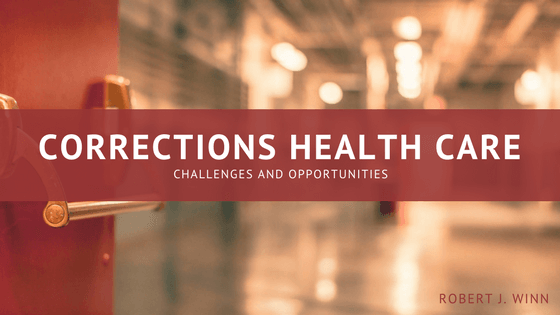
Corrections Health Care: Challenges and Opportunities
When we talk about community health care, most people prefer to keep the conversation focused on our achievements and future possibilities. We talk about the local clinics that provide flu shots and screenings to uninsured families, about school health education...
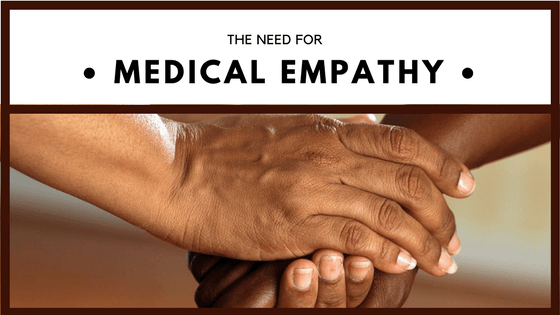
A Need for Medical Empathy
A patient is more than a collection of well-arranged data points or a series of symptoms to be decoded. The rise of medical technology aides such as IBM's Watson, which can sort through libraries of medical data in a matter of moments, has led some to speculate that a...
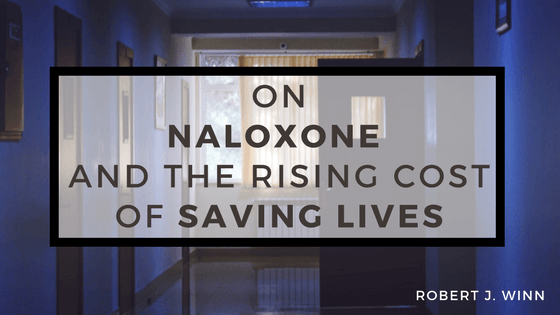
On Naloxone and the Rising Cost of Saving Lives
Modern medicine is nothing short of present-day magic; hard-earned and studied for sure, but miraculous nonetheless. Long years of study and research have allowed physicians to heal conditions that would have been fatal only a decade or two ago. In abstract, the...

How to Survive the Holidays
Gleeful snowmen, chipper carols, and endless holiday chatter pervades the air. Even in the early days of December, lines of cheerful parents waiting with their children to talk to Santa stretch across mall courtyards. People of all ages are basking in the holiday...
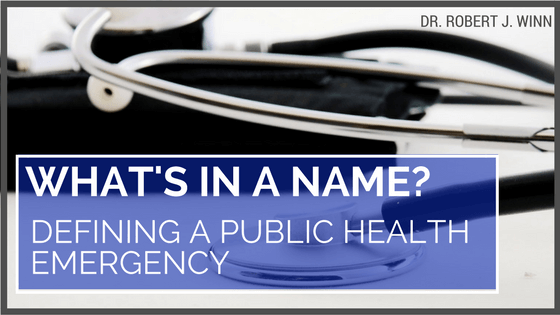
What’s In a Name? Defining a Public Health Emergency
In the space of a few months, Americans have seen a decade's worth of disaster. Countless homes and lives were destroyed in the wake of Hurricanes Harvey and Irma; to this day, many of those living in Puerto Rico are still living without without power or easy access...
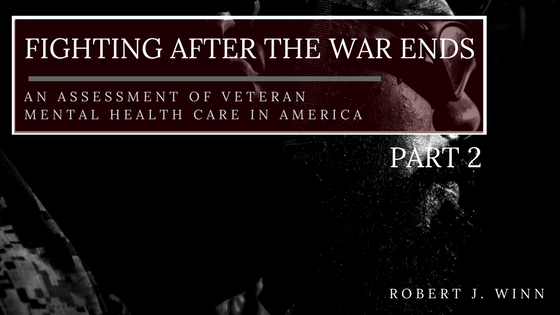
Fighting After the War Ends: An Assessment of Veteran Mental Health Care in America Part II
For a soldier – and particularly for a young soldier – the issue of mental health is thus turned inward and felt to be one they are responsible for privately eradicating. In this damaging mindset, open treatment is seen not as a means to rehabilitation, but an admission of weakness.

Fighting After the War Ends: An Assessment of Veteran Mental Health Care in America Part I
We’re always so well-meaning when we say it. “Cheer up;” “Shake it off;” or, my personal favorite, “Man up!” Despite an increasing awareness of the importance of treating mental illness as, well, illness, I often encounter patients and family members who downplay the validity of mental health concerns and scoff at the very idea of treatment. We bury the problem into invisibility – pushing it so far out of sight and mind that we leave ourselves utterly unprepared for when it re-emerges as a critical concern. As a primary care physician, I’ve seen this trend impact those across age brackets and professions; however, I particularly worry for the veterans who enter my office.
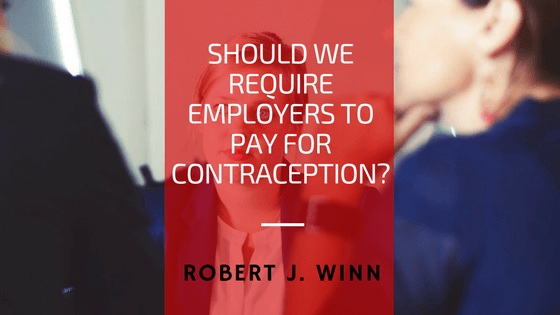
Should We Require Employers to Pay for Contraception?
October 6 fell on a Friday this year, and the events of the day kicked off the weekend on a low note. Midway through the morning, women across the country lost their guarantee to cost-free birth control as the Trump administration announced that privately held and publicly traded companies, as well as insurers, would no longer be required to provide the women in their employ with insurance plans covering their contraceptive needs. For those on the far-right, the day marked a win for religious liberty – and for others, it stood as a damaging infringement on women’s rights and further opened the door to legalizing discrimination against those in the LGBTQ community. As a healthcare professional with decades of experience working in family health, I’m inclined to believe the latter.

From Then to Now: Tracing the Opioid Crisis Part II
Consider this. A young woman is prescribed opioids to manage the chronic pain she faces after a particularly painful car crash. Then, her prescription runs out. This could be due to her doctor wanting her to move onto a different pain management plan, or perhaps to changes in her insurance. But for whatever reason, she finds herself left without the medication she’s become addicted to. So, what does she do? After trying and failing to get a new prescription, she turns to the more dangerous, illegal option: heroin.
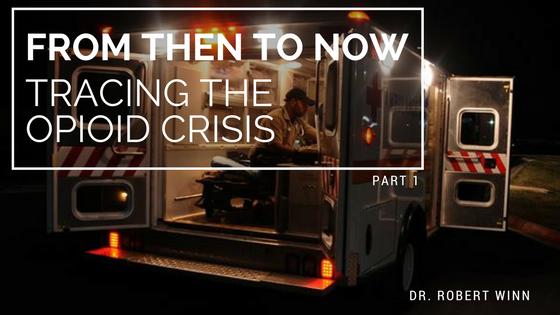
From Then to Now: Tracing the Opioid Crisis Part I
Today, drug-related overdose stands as the leading cause of death for Americans under 50 years of age and is projected to continue as such. The question is, why?
